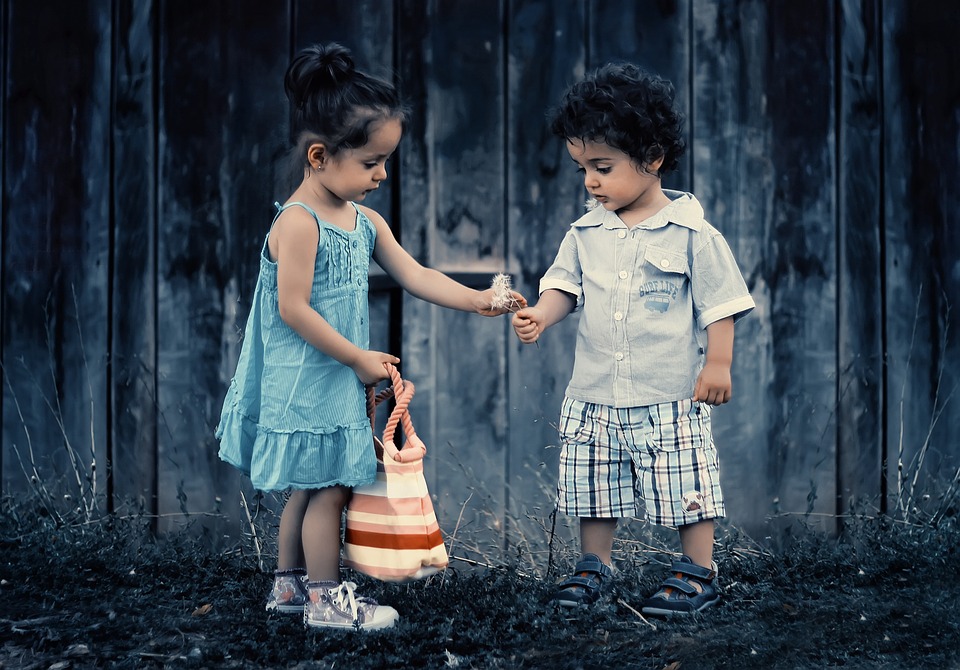Love is a powerful force in our lives, shaping our emotions, behaviors, and relationships. But did you know that love also plays a crucial role in children’s development? The science of love shows us how emotional support from caregivers can have a profound impact on a child’s growth and well-being.
Research has shown that when children receive love and emotional support from their parents or caregivers, they are more likely to develop secure attachments, better emotional regulation, and improved social skills. Love and emotional support help children feel safe, valued, and understood, which in turn helps them build strong relationships with others and navigate the ups and downs of life.
One key aspect of the science of love is the concept of attachment theory, which suggests that children develop secure or insecure attachment styles based on their interactions with their caregivers. Children who receive consistent love and emotional support are more likely to develop secure attachments, which can lead to better mental health and well-being throughout their lives.
On the other hand, children who experience inconsistent or inadequate emotional support may develop insecure attachment styles, which can manifest in behaviors such as anxiety, aggression, or withdrawal. These children may struggle to regulate their emotions, form healthy relationships, and cope with stress and adversity.
The science of love also highlights the importance of positive parenting practices, such as responsive caregiving, warmth, and affection. When parents provide love and emotional support, they help their children develop a strong sense of self-worth, resilience, and empathy. These children are more likely to thrive academically, socially, and emotionally, and to become well-adjusted adults.
It’s also worth noting that the science of love extends beyond the parent-child relationship. Teachers, mentors, and other supportive adults can also play a critical role in helping children feel loved and valued. By offering encouragement, guidance, and empathy, these adults can help children develop confidence, self-esteem, and a sense of belonging.
In conclusion, the science of love teaches us that emotional support is essential for children’s development. When children feel loved and supported, they are more likely to flourish and reach their full potential. By nurturing relationships based on love, empathy, and understanding, we can help children thrive and build a bright future.
Luxury Items for Moms - 70% OFF at ClassyLuxe.com
Younger Glowing Skin - Discover Ancient Ayurvedic Secrets at DoctorIndiaHerbals.com
Explore One of the Largest Collections of Dinosaur-Themed Toys, Games, Gifts, Decor, and More at DinoAvenue.com
Empowering Moms at Every Step - www.SuperMommy.io
Discover Premium Design Elevator Shoes for Men and Women at LondonCobblers.com
Discover Hidden Family Destinations for Vacations at Places.Travelz.io
Find the Best Deals on Airfare and Hotels with Advanced Metasearch Technology at www.Travelz.io

